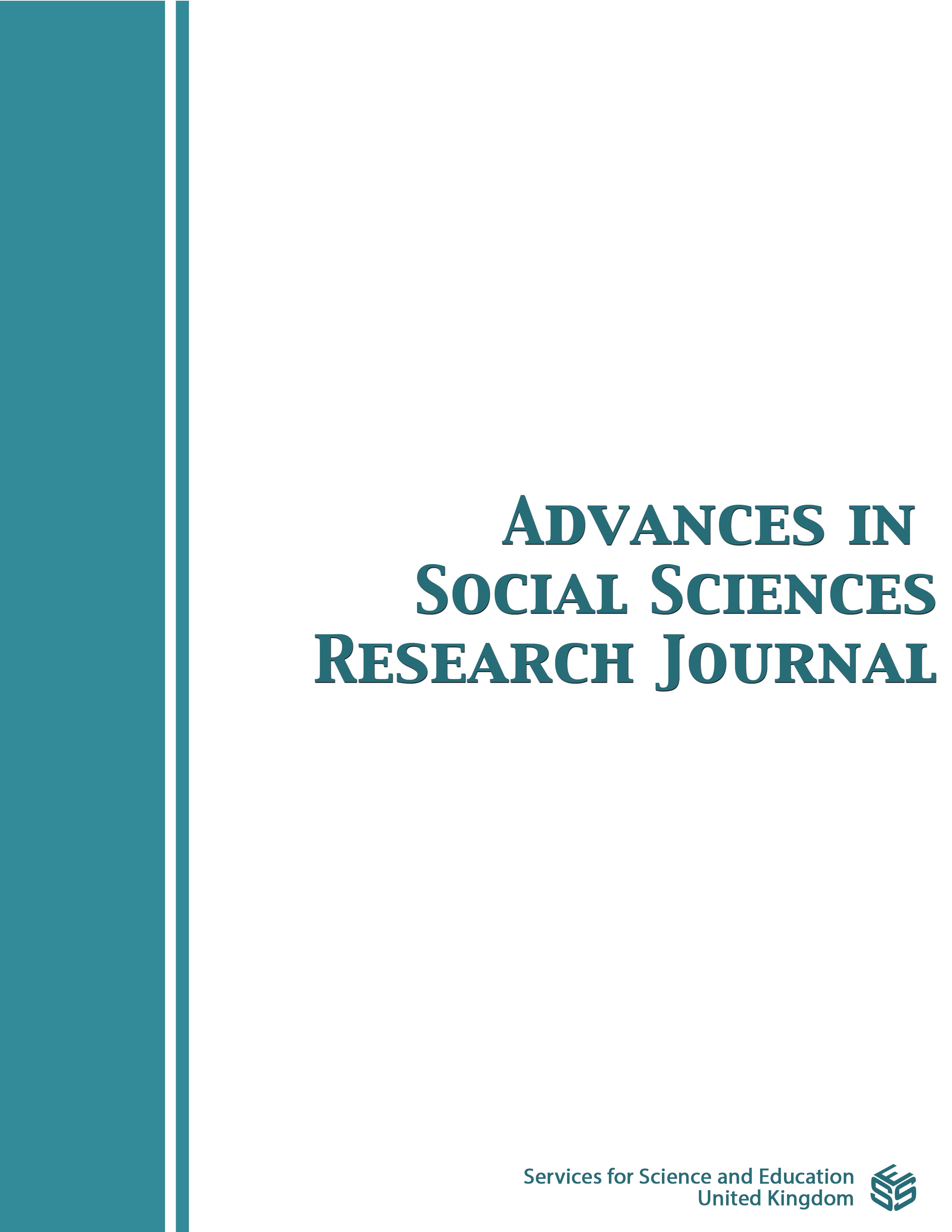Managing Employees’ Diversity Practices in Private Higher Education in Ethiopia; Evidence from Selected Private Higher Educational Institutions (PHEIs) in Mekelle, Tigray
DOI:
https://doi.org/10.14738/assrj.106.14712Keywords:
Diversity, Management, Dimensions of Diversity, PHEIs, MekelleAbstract
Diversity means having a range of people with various racial, ethnic, socioeconomic, and cultural backgrounds and various lifestyles, experience and interests. The efforts with regard to the study of managing employees’ diversity in private higher educational institutions (PHEIs) have helped private colleges in keeping their global competitiveness and overall ability to have a confrontation at an international level. However, studies show that managing employees’ diversity are no longer the only topical issues for argument in organizations but are now a reality to be challenged in the day to day activities of private higher educations. For this case, the debate on issues related to managing employees’ diversity practices in private higher education is desire to create safe, welcoming and conflict free work places in the higher education environments established by people of diverse backgrounds. Hence, the objective of this study was to examine employees’ diversity management practices in the selected private higher education institutions in Mekelle. The study employed a descriptive cross sectional survey design by applying both qualitative and quantitative approaches. The researcher used open ended interview and a semi-structured questionnaire that used a 5-point Likert scale to collect the primary data from 131 employees and the higher administrative bodies of the selected higher education respectively. The study used descriptive and econometric techniques to analyze the collected data. Following the dimensions of diversity namely; age, nationality, ethnicity, language, physical disability, socio-economic status and gender were considered as they were viewed as being more applicable dimensions for private higher education in Mekelle. Descriptive results of the study showed that respondents slightly agree with performance of physical disability and language on managing employees’ diversity; while, they slightly disagree with the other dimensions of diversity. The correlation result shows physical disability and socio-economic status have strong and significant; while, three dimensions (Nationality, Ethnicity and Language) have moderate and significant and the remaining two have weak and significant association with managing employees diversity. Finally, the regression result revealed that 65.7% of managing employees’ diversity was explained by the seven diversity dimensions. Moreover, all except age and gender have significant effect on managing employees’ diversity in the selected PHEIs. Finally, the study forwarded a number of recommendations for the management of the selected higher education to improve managing employees’ diversity practices.
Downloads
Published
How to Cite
Issue
Section
License
Copyright (c) 2023 Tsegay Gebremedhin Berhe

This work is licensed under a Creative Commons Attribution 4.0 International License.
Authors wishing to include figures, tables, or text passages that have already been published elsewhere are required to obtain permission from the copyright owner(s) for both the print and online format and to include evidence that such permission has been granted when submitting their papers. Any material received without such evidence will be assumed to originate from the authors.






